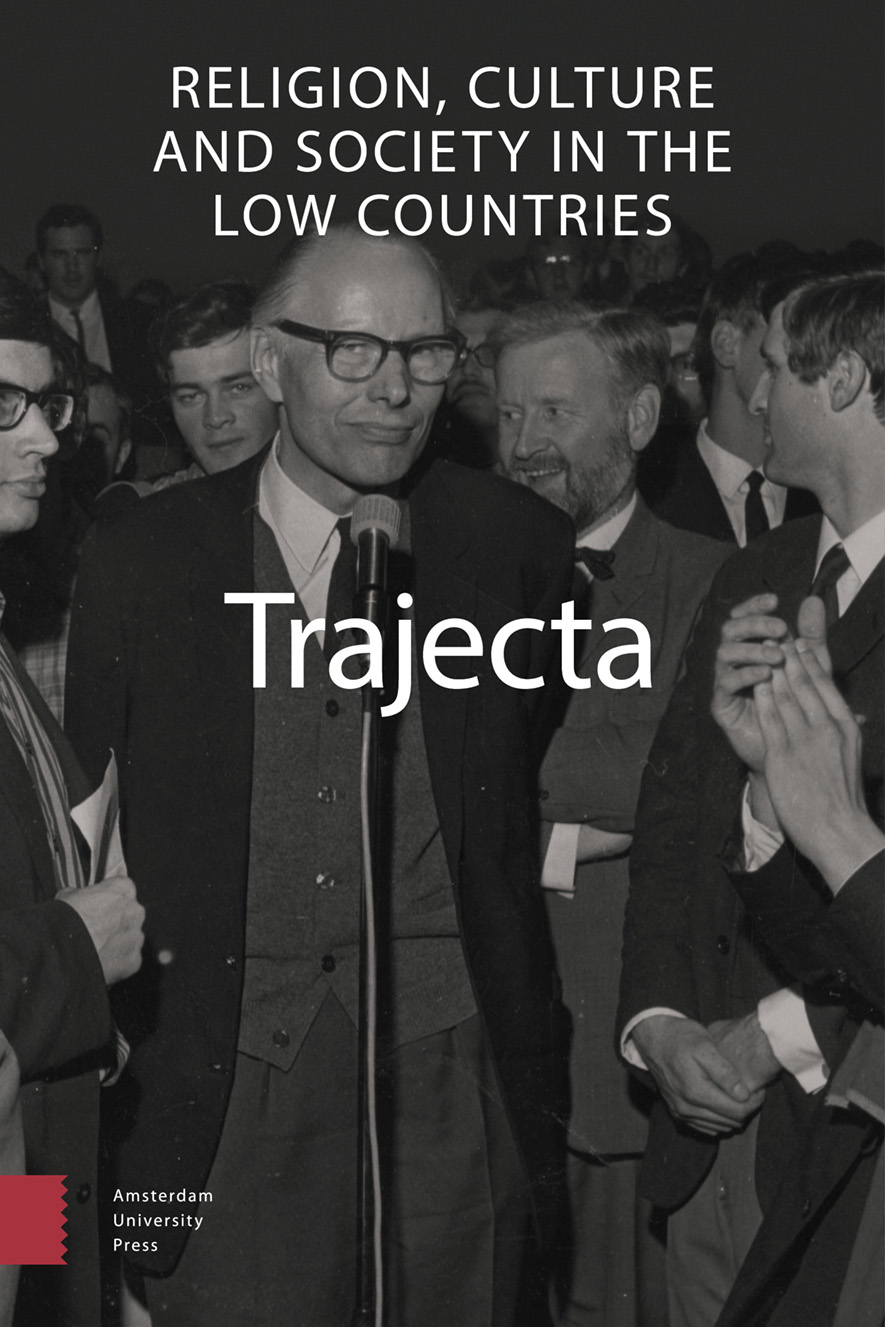-
oa The ambiguous legal position of ‘native Christians’ in the Dutch East Indies in the nineteenth century
- Amsterdam University Press
- Source: Trajecta, Volume 32, Issue 1, Aug 2024, p. 63 - 92
-
- 01 Aug 2024
Abstract
In the nineteenth-century colonial Dutch East Indies, a legal distinction existed between different population groups. This article examines the implications of this so-called ‘legal dualism’ by focusing on a specific group: the ‘native Christians’. These Indonesians converted to Christianity, who some politicians believed had become to a certain extent ‘European’, may have been a small group, but they challenged legal pigeonholing and the underlying colonial hierarchy. This group of subjects forced colonial legislators to rethink the essence of the colonial system and make choices in the process. Should native Christians be categorized as ‘natives’ based on their ethnicity, or as ‘Europeans’ due to their religious affiliation? The debate over their legal status sheds light on the dynamic processes of inclusion and exclusion in colonial governance. By analyzing the political and legal discussions and reports that defined the status of this group from the mid-nineteenth century onwards, this study demonstrates that the criteria for equality were varied, yet consistently rooted in a broader ‘criterion of civilization’.


